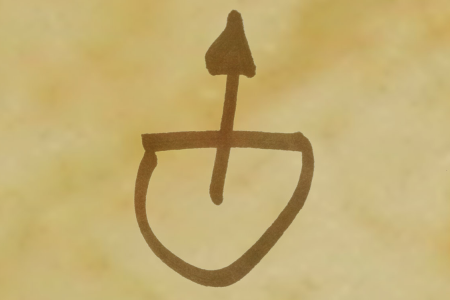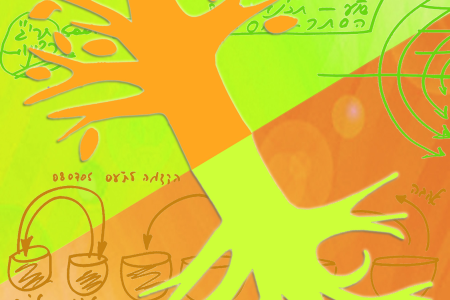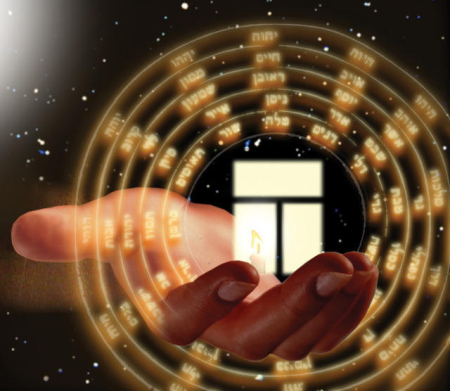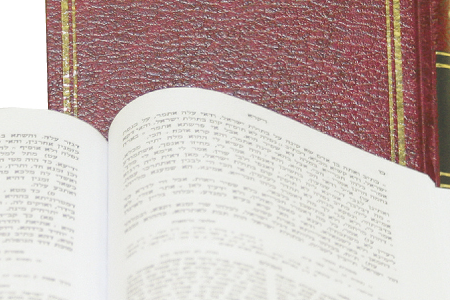Deuteronomy, 3:23-7:11
This Week’s Torah Portion | July 30 – August 05, 2017 – 7 Av – 13 Av, 5777
In A Nutshell
The portion, VaEtchanan (And I Besought), repeats the prohibition that Moses was prohibited—to enter the land of Israel—and that Joshua is to succeed him and lead the people to the land of Israel. The portion deals with the commandment to keep the Torah and remember the standing at the foot of Mount Sinai, as well as with the concept of repentance, which appears here for the first time. Here appears the known text of Shema Ysrael (Here, O Israel).
Moses makes another speech, where he repeats the Ten Commandments. He also distinguishes three cities of refuge on the Eastern side of the Jordan River, warns of idol worship in the land of Israel, and instructs the destruction of the statues. He also reminds the people that the Creator is the one who led them into the land of Israel, the good land that they are destined to inherit.
![]()
Commentary by Dr. Michael Laitman
The portion, VaEtchanan (And I Besought), contains all the conditions for the dwelling of the people of Israel in the land of Israel. The people of Israel began its history with Abraham, who established in Babylon a group. That group distinguished itself from the rest of the Babylonians, who did not wish to unite “as one man with one heart,” meaning to be in the quality of Hesed (mercy), which is Abraham’s quality.
That group of people agreed to live in Arvut (mutual guarantee), and actually began the formation process of the people of Israel. Following the exodus from Egypt, the group took upon itself the commitment to be as one nation despite the problems and the egos of its people.
The formation of a single nation was conditioned upon a successful “passage” of the ordeal at the foot of Mount Sinai, which is a mountain of Sinaa (hate). On Mount Sinai, the people assumed the preparatory stipulation for climbing over that mountain—being “as one man with one heart.” Only by adhering to this condition is it possible to receive the Torah, the upper force that can unite everyone. That condition is met through the point in the heart of each person, a point named Moses, which draws the people onward into the desert and subsequently to the land of Israel. This is the point where everyone must unite.
Continue reading “VaEtchanan (And I Besought) Parsha – Weekly Torah Portion”




